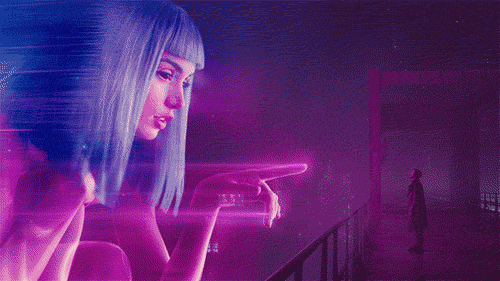Blade Runner, released in 1982, is a science fiction film directed by Ridley Scott that has left an indelible mark on popular culture. The movie's dystopian setting and complex characters have sparked numerous discussions about the social implications of its themes. One such theme is the blurred line between humans and artificial beings, also known as replicants in the film.
The story revolves around a group of rogue replicants led by Roy Batty who are on the run from their creator, Tyrell Corporation. The protagonist, Deckard, is tasked with hunting down these renegade replicants and retiring them - essentially terminating their existence. This raises questions about our own treatment of non-human entities in society today. Are we any different from Deckard when it comes to how we treat animals or even artificial intelligence?
Another significant social implication is the portrayal of a dystopian future where pollution and overpopulation have taken their toll on Earth's environment. The film paints a grim picture of what could happen if we continue down this path, emphasizing the need for sustainable practices and responsible consumption. It serves as a cautionary tale about the consequences of neglecting our planet and its resources.
In conclusion, Blade Runner offers thought-provoking insights into various social issues such as the treatment of non-human entities and environmental degradation. Its impact extends beyond just being an entertaining sci-fi film; it challenges viewers to reflect on their own behaviors and consider how they might contribute to a better future for all living beings.
